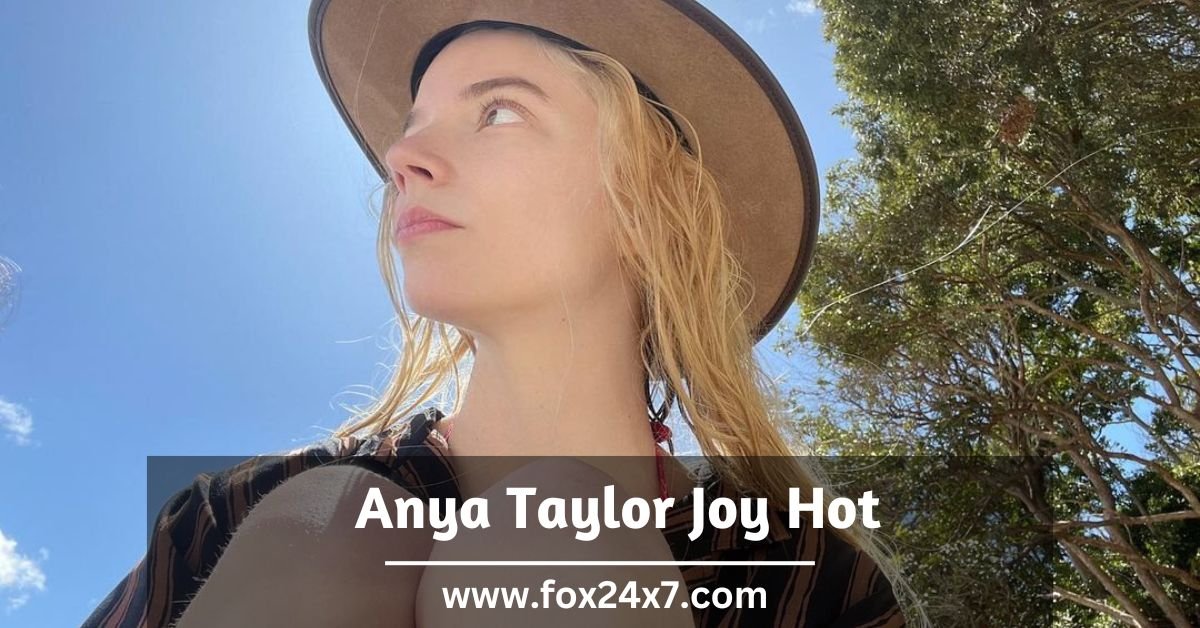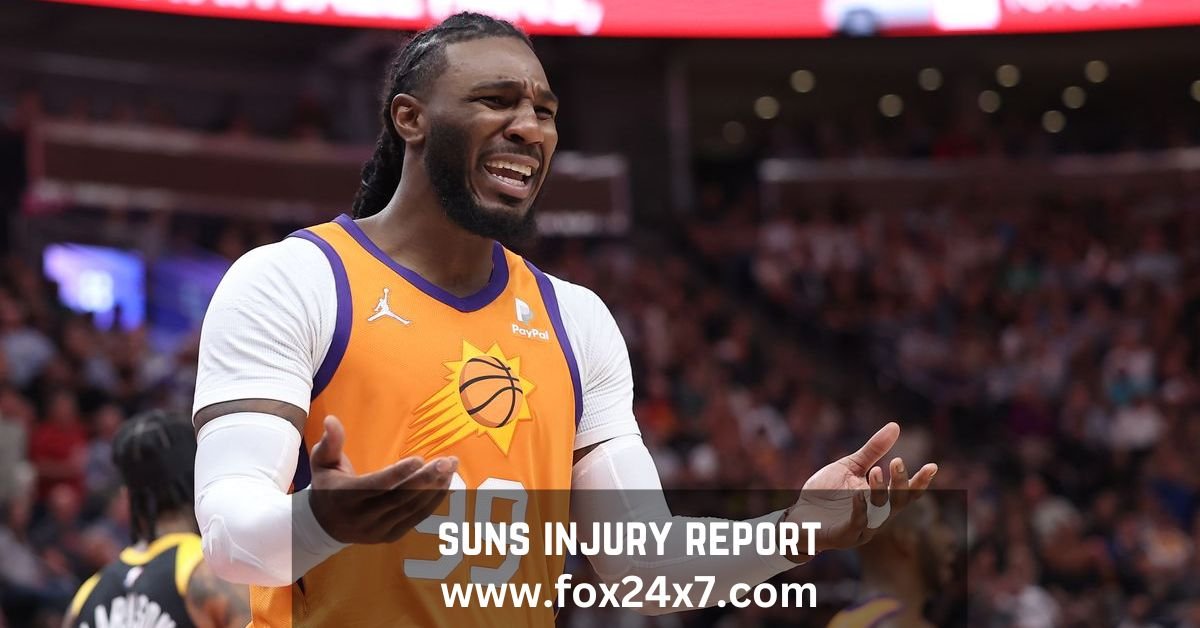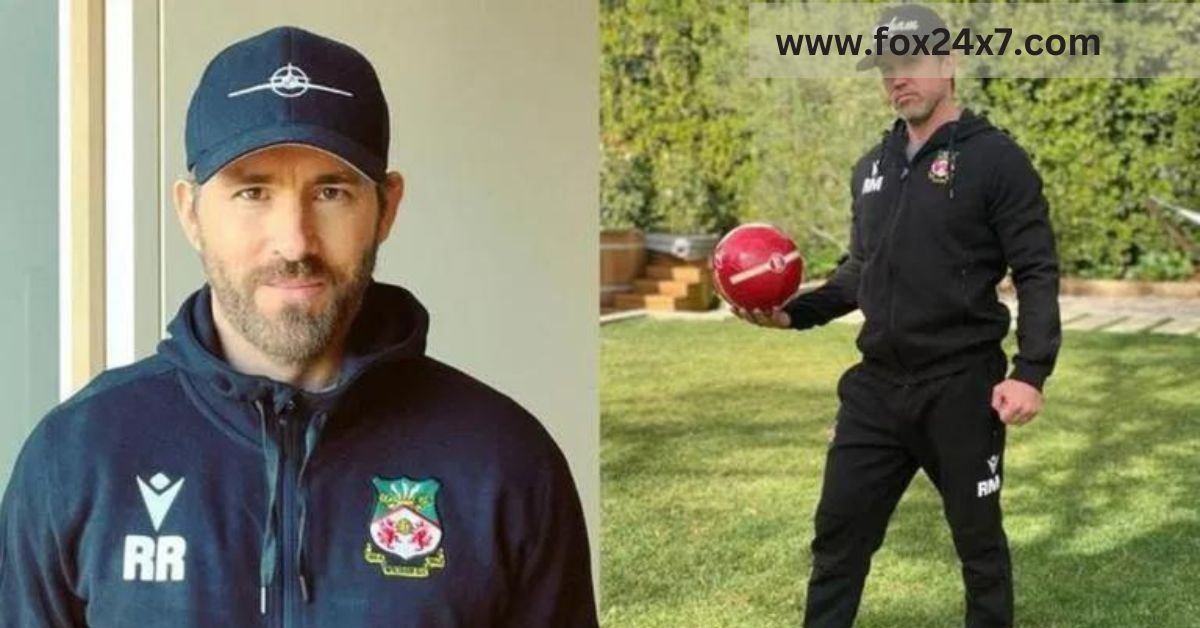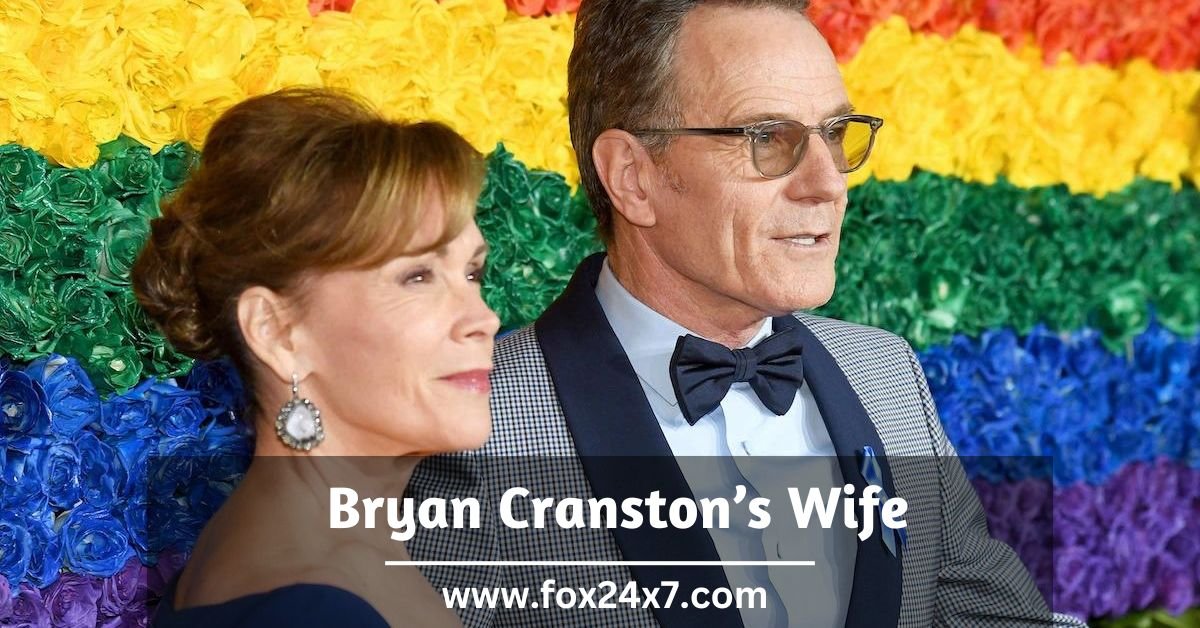Winter Solstice 2023. This year’s Winter Solstice and Google Doodle features December 21, which coincides with an astronomical event called the “Great Conjunction” between Jupiter and Saturn.
Google Doodle observes Winter Solstice, Great Conjunction today. Winter Solstice is the shortest day of the year and the longest night. It occurs when one of Earth’s poles tilts away from the Sun.
Latin solstitium, which means “sun stands still”, gave rise to the word “solstice”. Winter Solstice is a period between December 19-23 in the Northern Hemisphere. It is this year on December 21.
People in the Northern Hemisphere notice a shift in daylight hours after Winter Solstice. For people living in the Southern Hemisphere, it is the reverse.
The “Great Conjunction”, a special astronomical event, occurs this year’s Winter Solstice.
On Monday evening Saturn and Jupiter will be in rare alignment.h will appear closer in the night sky than they have in almost 800 years. They will not appear so close together until 2080.
Google Doodle features animated shows Great Conjunction. This is where Saturn and Jupiter get together for a quick high-five. The Winter Solstice is the literal “snowcapped” Earth looking at the other planets.
The “Christmas Star of 2020” is also called the “Great Conjunction”, which involves Saturn and Jupiter.
https://twitter.com/NASA/status/1340750321879015425?ref_src=twsrc%5Etfw%7Ctwcamp%5Etweetembed%7Ctwterm%5E1340750321879015425%7Ctwgr%5Ef7b24211657592b14209af4d31f22350d0b22df6%7Ctwcon%5Es1_&ref_url=https%3A%2F%2Fwww.ndtv.com%2Fworld-news%2Fgoogle-doodle-exhibits-astronomical-events-winter-solstice-great-conjunction-2341368
NASA says that the two planets will be visible just one-tenth of a degree apart. This event will not occur again for 60 years, or until 2080.
NASA says that the celestial show will take place nearly 400 years after the planets have pass so close in the sky and almost 800 years since the alignment between Saturn and Jupiter took place at night.
Astronomers believe that the rarest combination between the largest planets of our solar system is Jupiter and Saturn. Every 20 years, Jupiter passes Saturn. Today’s celestial event will be especially close. Saturn and Jupiter will be only one-tenth of a degree apart from our view or approximately one-fifth of the width of a full Moon. If the weather is good, the planets will be visible in the evening sky.
On March 15, 2080, the planets will be comparable in distance. Debi Prasad, Director of MP Birla planetarium, stated in a statement that the planets will come to an identical physical distance on December 21.
Also Read:
Rick Stevenson Died | Offical News | Wayne Township Trustee
Mike Clement Died | Tony Iommi Friend








![Buying the Dip: The Meaning And Its Importance [Markets Strategy] Buying the Dip](https://fox24x7.com/wp-content/uploads/2021/11/Buying-the-Dip--180x135.jpg)
























